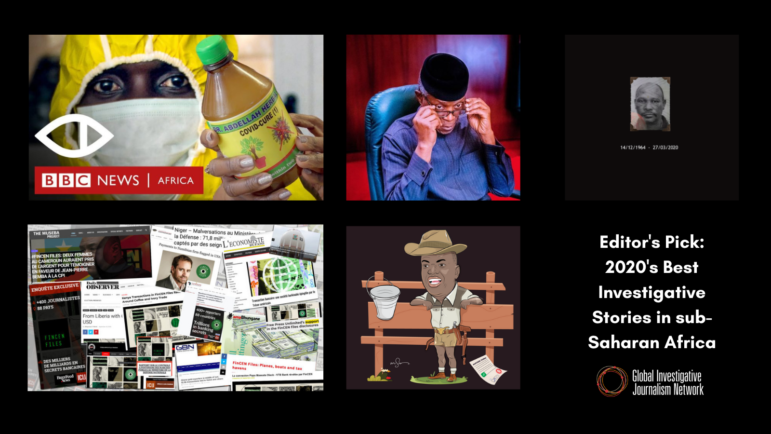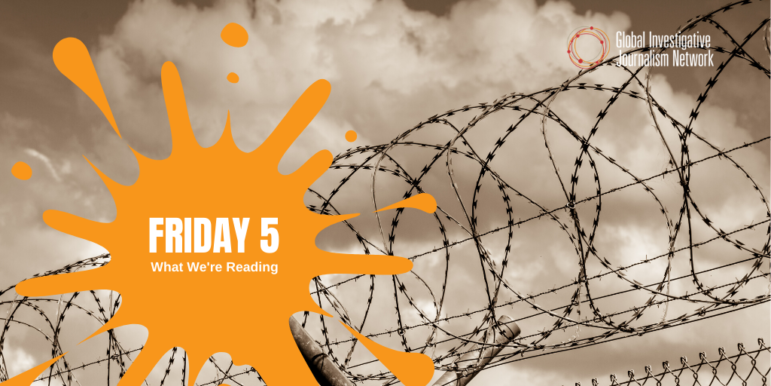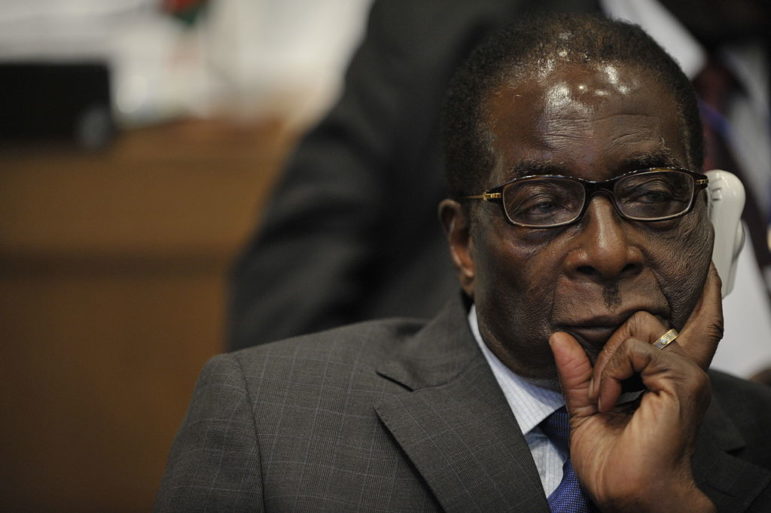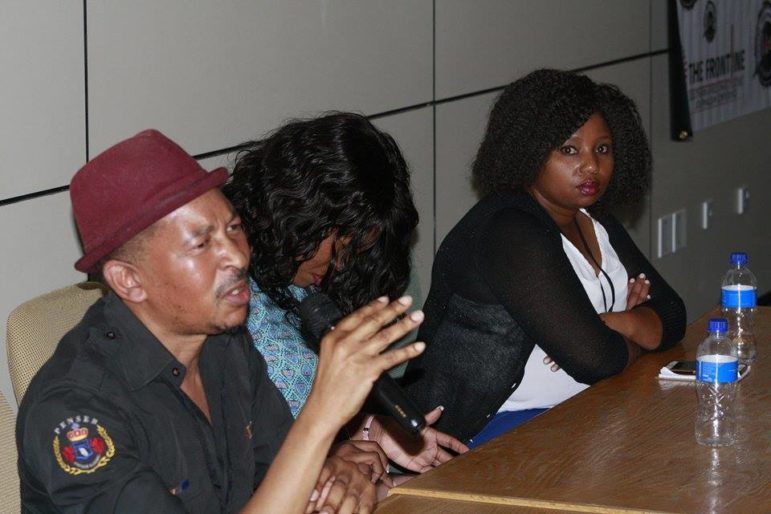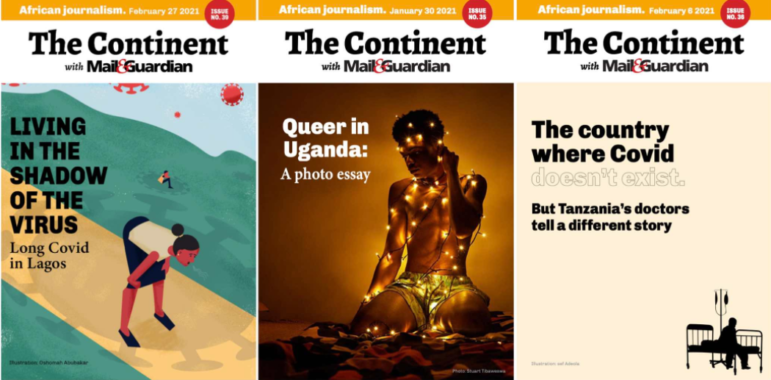
Case Studies News & Analysis
Using WhatsApp to Deliver Content to Audiences in the Global South
WhatsApp’s popularity in Latin America and Africa presents an opportunity for emerging, digital-first titles and smaller newsrooms. Laura Oliver explains how newspapers and startups from Zimbabwe to Brazil and South Africa are using the platform in innovative ways to share their stories.

